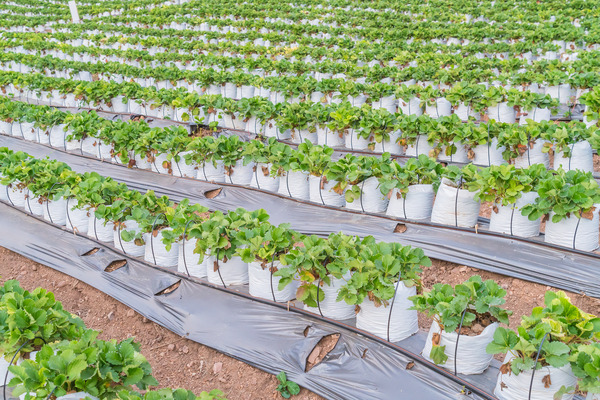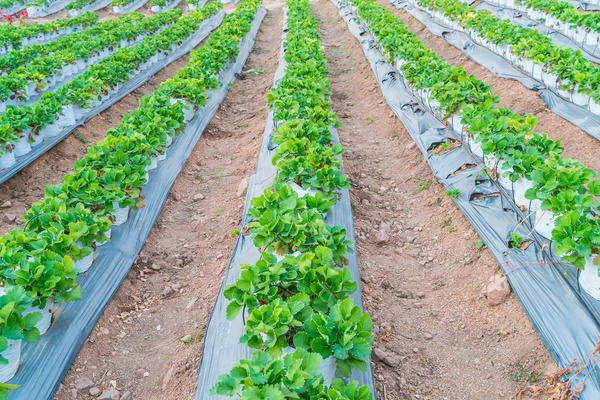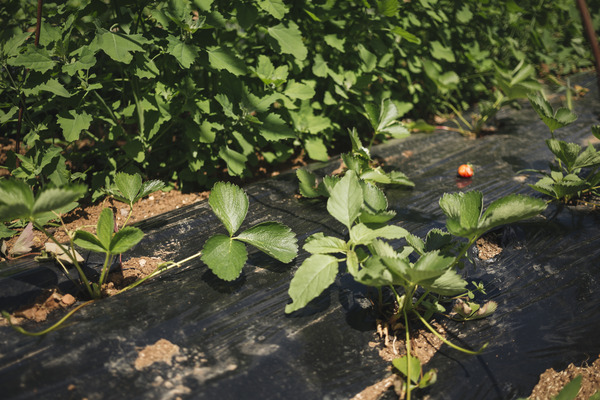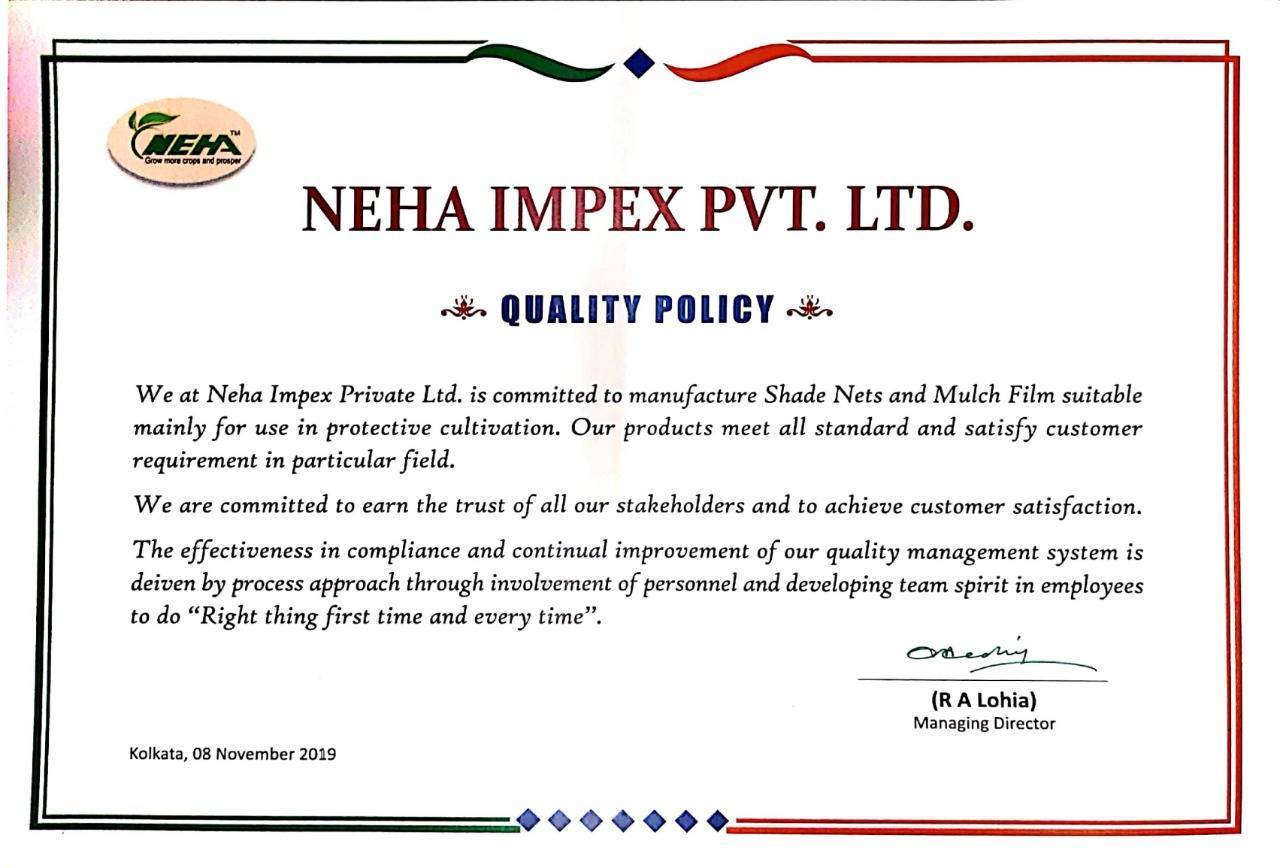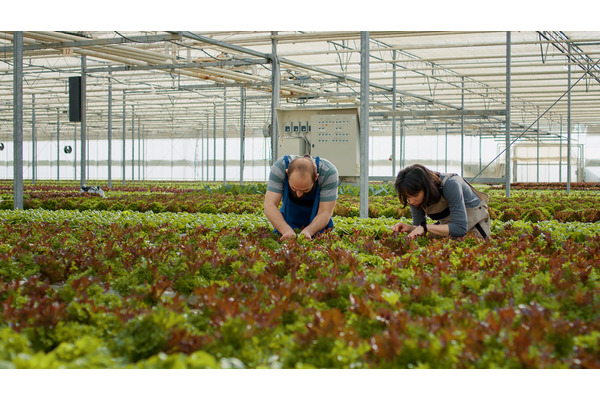
Today's agriculture demands efficiency, sustainability, and profitability. Climate change, water scarcity, and soil degradation make things even tougher for farmers. Innovative solutions are the only answer to all these challenges. Among them, mulch film stands out as a game-changing tool, as it has been optimised to improve farm practices. It is increasingly being used in commercial agriculture all over the world. Why?
This is a vital agricultural product; let's discuss its various benefits and applications.
What Is It?
Mulch film refers to a protective layer spread on the soil surface, which may be made of plastic or biodegradable materials. Its purposes include regulating soil temperature, retaining moisture, and controlling weed growth. It comes in various types, such as black, transparent, and reflective films, which meet various farming needs.
Top Benefits Of Using Mulch Film In Commercial Farming
1. Better Crop Yield
The most important benefit of mulch film is its potential to increase crop production. With proper soil conditions, mulch films create a healthy environment for the plants to grow. Most farmers using mulch films obtain higher yields than in the traditional methods of farming.
2. Weed Control
Weeds compete with crops for nutrients, sunlight, and water, significantly reducing productivity. Mulch films act as a barrier by preventing sunlight from reaching the soil, thus preventing weed growth. This will save the need for herbicides and it will help in cost savings and eco-friendly practices.
3. Water Conservation
Another main issue in agriculture is water scarcity. Mulch film reduces the evaporation rate and ensures that there is always water available for plants, thus conserving water while also reducing irrigation frequency and thereby saving labour and energy.
4. Improved Soil Health
Mulch films protect the soil against both wind and water erosion. Plus, mulch films avoid nutrient leaching and ensure fertile soils at all times of growing seasons.
5. Pest Management
Some mulch films are reflective, which repels pests like aphids and whiteflies by reflecting sunlight, thus reducing the need for chemical pesticides and promoting healthier crops and sustainable farming.
Applications In Commercial Farming
Mulch films are versatile and can be applied across all types of crops.
- Vegetables: Tomatoes, peppers, and cucumbers benefit highly from mulch films.
- Fruits: Strawberries and melons yield best under controlled soil temperatures supplied by mulch films.
- Cash Crops: Mulch films are applied in crops such as cotton and tobacco to increase productivity.
Choosing The Right Mulch Film
The choice of mulch film depends on considerations like:
- Crop Type: Black mulch film is suitable for warm-season crops, whereas clear films are well-suited to cooler climates.
- Climate: Reflective films are ideal for hot regions as they reduce heat stress on plants.
- Sustainability Goals: Biodegradable mulch films are excellent for eco-conscious farming practices.
Mulch film is more than a tool; it is a transformational solution for modern commercial farming. It improves crop yield, conserves resources, and promotes sustainable agriculture practices. It empowers farmers to meet the demands of an ever-growing population.
For businesses and farmers who want to remain competitive, mulch film is no longer an option; it is a necessity. Adopt this technology from us at Neha Mulch Films and take your farming operations to the next level!
Read More: Agricultural Mulch Films In Modern Farming & Water Conservation

